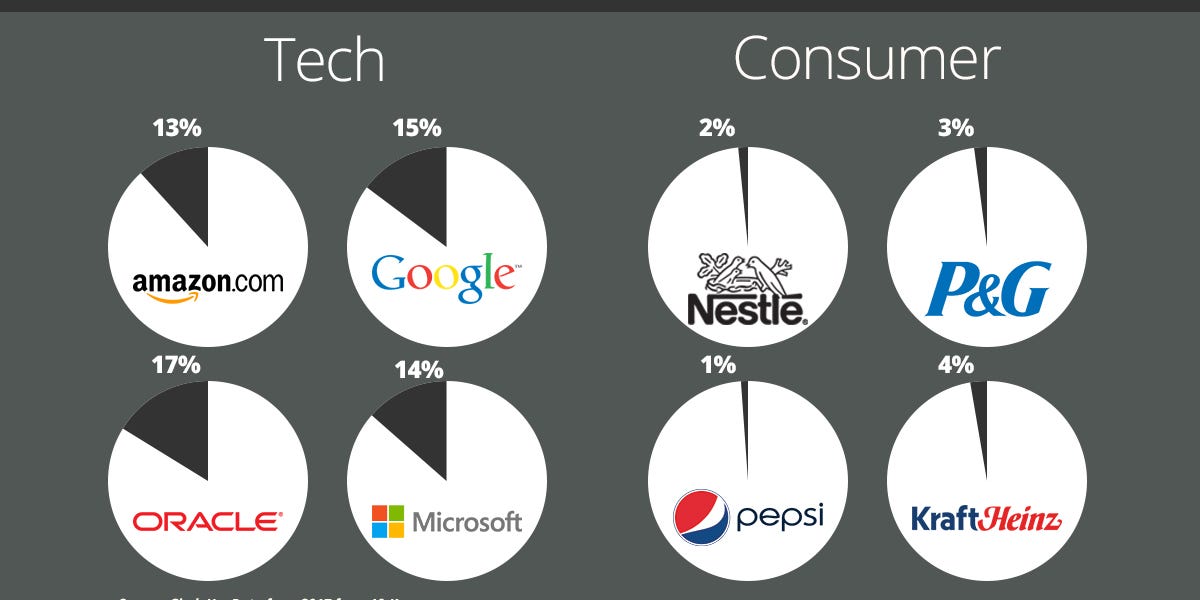Saved by sari
The art of selling a feeling
Entrepreneurs looking to enter the market have an opportunity to re-write the rules. This means focusing on the end consumer — marketing and delivering direct to her. It also means creating better beverages and new spaces/contexts for drinking. Today’s customer wants something that’s enjoyable, conscionable, and just a bit healthier.
Ashley Brasier • What are you drinking?
sari added
“The only reason Recess isn’t available on Amazon and everywhere right now is because the regulation around CBD isn’t clear. Recess would be orders of magnitude bigger today if the regulation around CBD was clarified. I’m a proponent. I get why some founders, Emily at Glossier, don’t want to sell on Amazon right now. But a drink is a different type... See more
Modern Retail • Recess CEO Benjamin Witte: I reject the idea that being on Amazon hurts your brand
sari added
CAC: Customer Acquisition Chaos - by Rex Woodbury
digitalnative.substack.comdigitalnative.substack.com
sari and added
Recess CEO Benjamin Witte: I reject the idea that being on Amazon hurts your brand
modernretail.cosari added
For a while, the DTC playbook was golden: Start with a commodity product, something like dish soap or underpants. Give it a modern design and wrap it in minimalist packaging. Include a pastel background in the impeccably staged product photos, which splash across a Shopify-powered e-commerce site flanked by sans-serif fonts, punchy copy and a messa... See more
Hal Koss • The DTC Party’s Over. What Happens Next?
sari added
Oatly’s story is remarkable because it has so many elements of what great DTC brands have gotten right, but in a different context. That is, Oatly spoke directly to its customer, shipped changes quickly, took on a rebellious tone, and sought validation from “celebrities” (in this case, niche coffee/tea shops) to encourage trial.
Alex Taussig • Firehose #173: 🥛 Wild Oats. 🥛
sari added
The direct-to-consumer wave began in the twenty-tens as a new generation of startups promising to “disrupt” traditional industries for consumer goods. Instead of leaving the market to century-old stalwarts like Gillette, for example, a company like Dollar Shave Club, founded in 2011, would set up its own supply chains to manufacture razors; add cle... See more
Kyle Chayka • Great Jones Cookware and the Illusion of the Millennial Aesthetic

sari and added